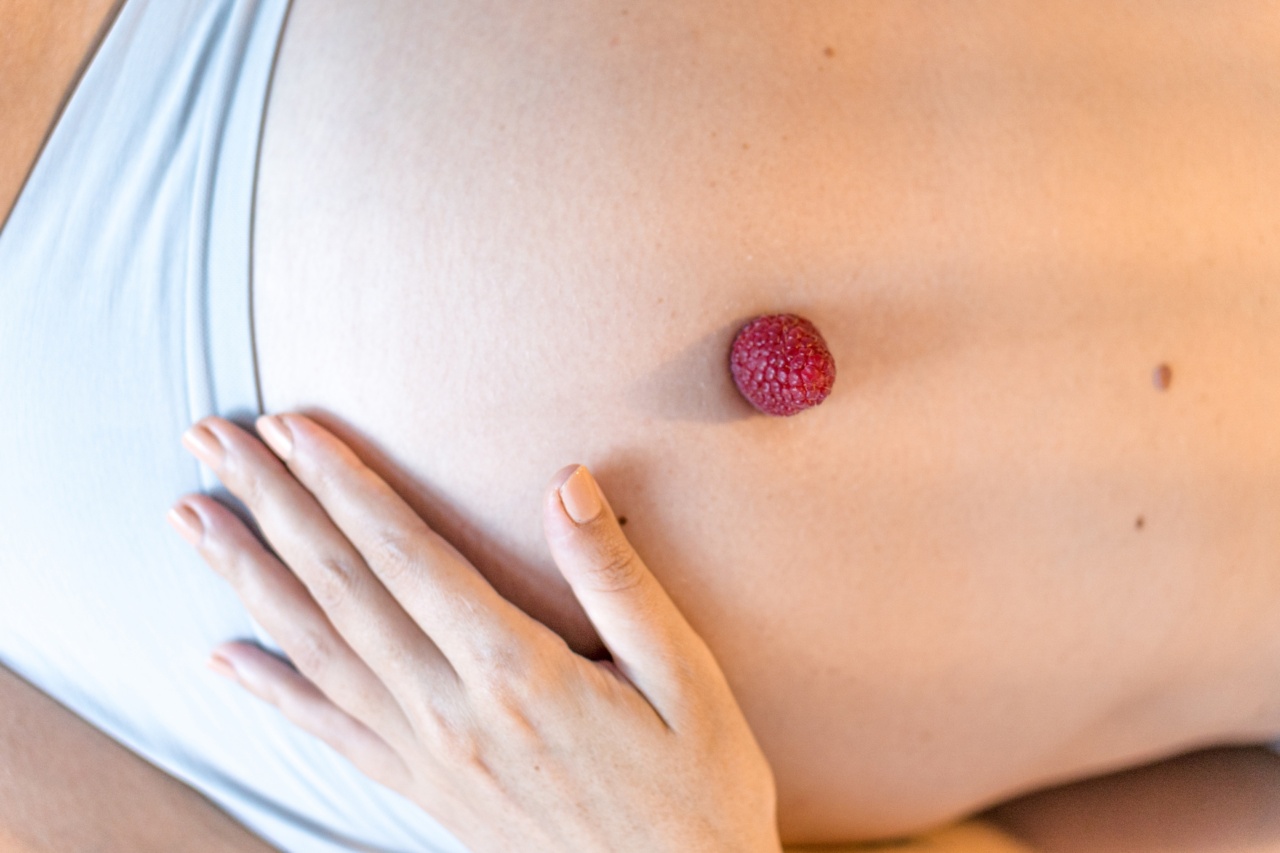Menopause is a natural stage in a woman’s life that marks the end of her reproductive years. It typically occurs in women between the ages of 45 and 55, with the average age being 51.
During this time, the body goes through hormonal changes that can affect various aspects of health, including the condition of the skin.
The Link between Menopause and Skin Changes
As women approach menopause, their bodies experience a decline in hormone production, particularly estrogen. Estrogen plays a crucial role in maintaining youthful and healthy-looking skin.
It stimulates the production of collagen and elastin, which are essential proteins responsible for the skin’s elasticity, firmness, and overall appearance.
With reduced estrogen levels, the skin begins to lose its elasticity and moisture-retaining capabilities. This can lead to various skin changes and concerns that women may experience during menopause.
Common Skin Changes during Menopause
1. Dryness and Dehydration: The decline in estrogen levels can lead to a decrease in the skin’s oil production, resulting in dry and dehydrated skin. This can cause itchiness, flakiness, and a dull complexion.
2. Wrinkles and Fine Lines: Collagen and elastin fibers become less abundant as estrogen levels decrease. This can lead to the formation of wrinkles, fine lines, and sagging skin.
3. Thinning Skin: The skin becomes thinner during menopause due to decreased collagen production. As a result, it becomes more fragile and prone to bruising and injuries.
4. Increased Sensitivity: Many women notice that their skin becomes more sensitive during menopause. It may become easily irritated, red, or develop rashes as a response to various triggers.
5. Acne and Breakouts: Some women may experience a resurgence of acne or develop new breakouts during menopause. This can be caused by hormonal fluctuations and increased oil production in certain individuals.
6. Age Spots and Pigmentation: Hormonal changes can also contribute to the development of age spots, pigmentation, and uneven skin tone. These can often appear on the face, hands, and other areas frequently exposed to the sun.
Caring for Your Skin during Menopause
While menopause brings about certain changes in the skin, there are several steps you can take to minimize their impact and maintain a healthy complexion:.
1. Moisturize Regularly: Use a moisturizer specifically designed for mature skin that addresses dryness and provides hydration. Look for products with ingredients like hyaluronic acid, ceramides, and antioxidants.
2. Protect from the Sun: Apply a broad-spectrum sunscreen with an SPF of 30 or higher every day, even during overcast days. Protecting your skin from harmful UV rays can prevent age spots, pigmentation, and further collagen breakdown.
3. Gentle Cleansing: Opt for mild and non-drying cleansers to avoid stripping the skin of its natural oils. Avoid hot water and harsh scrubbing, as these can exacerbate dryness and irritation.
4. Incorporate Retinoids: Retinoids, such as retinol or prescription-strength retinoids, can help in reducing the appearance of wrinkles and fine lines. Start with a lower concentration to allow your skin to adjust, and gradually increase as tolerated.
5. Use Antioxidants: Antioxidants, like vitamins C and E, help to neutralize free radicals and protect the skin from environmental damage. Look for serums or creams containing these ingredients to enhance your skincare routine.
6. Stay Hydrated: Drink plenty of water to maintain your skin’s hydration from within. Hydrated skin appears plumper and more radiant.
7. Eat a Balanced Diet: Consume a diet rich in fruits, vegetables, and healthy fats to provide essential nutrients for your skin’s health. Omega-3 fatty acids, found in fatty fish and nuts, are particularly beneficial.
8. Minimize Stress: Stress can exacerbate skin issues during menopause. Engage in stress-reducing activities like yoga, meditation, or hobbies that help you relax and unwind.
9. Avoid Smoking and Alcohol: Smoking and excessive alcohol consumption can accelerate skin aging and contribute to the development of wrinkles and skin dullness.
Quitting smoking and moderating alcohol intake can help improve your skin’s appearance.
10.
Consult a Dermatologist: If you experience significant skin changes during menopause or have concerns about specific conditions like acne, hyperpigmentation, or excessive dryness, it’s advisable to seek professional guidance from a dermatologist.
Conclusion
Menopause is a phase in a woman’s life that brings about hormonal changes, which can affect the skin’s appearance and health.
Understanding the potential skin changes during menopause and implementing a proper skincare routine can help minimize their impact and maintain a radiant and healthy complexion. Remember to moisturize regularly, protect your skin from the sun, use gentle cleansing products, and consider incorporating retinoids and antioxidants into your skincare regimen.
Additionally, adopting a holistic approach by staying hydrated, eating a balanced diet, managing stress levels, and avoiding harmful habits can further support your skin’s vitality during this transitional phase.


























